The Bozzuto Group offers innovative solutions for Accessory Dwelling Units (ADUs) in the Washington D.C. area, providing versatile and sustainable housing options. With urban spaces evolving, ADUs contribute significantly to affordable housing and efficient land use, positioning Bozzuto as a leader in these developments with their expertise in construction and community planning.
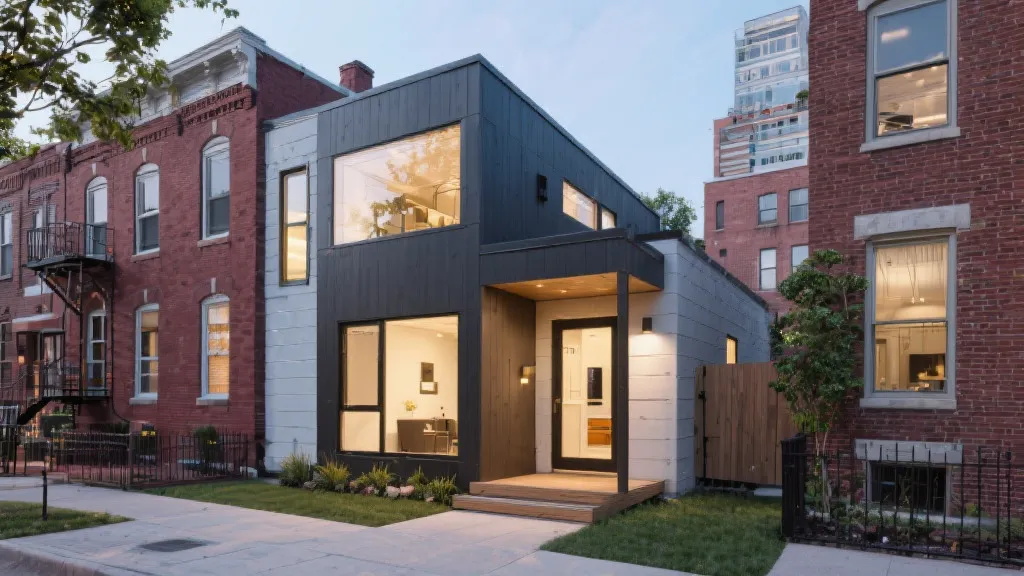
As urban living spaces face increasing pressure from population growth and housing shortages, Accessory Dwelling Units (ADUs) have emerged as a practical solution. These small, additional housing units are designed to be either subordinate or ancillary to a primary residential building. In Washington D.C., a city renowned for its historical charm melded with modern innovation, companies like Bozzuto are taking the lead in developing efficient and livable spaces. These auxiliary units, which can be standalone or attached, offer flexible living arrangements while maximizing existing infrastructure and resources. In the rapidly urbanizing landscape of D.C., ADUs are an effective response to the dual challenges of rising demand for housing and the need for sustainable development practices.
Bozzuto, a prominent real estate company, specializes in creating communities that offer a combination of quality, convenience, and sustainability. Founded in 1988, the company has grown to be a respected figure in the real estate industry, known for its innovative approaches to property management and development. With their expertise, Bozzuto has tapped into the ADU market in Washington D.C., crafting units that not only meet the legislative requirements but also enhance community value. They integrate cutting-edge design with functionality, ensuring that each unit complements the existing landscape and architecture of the region.
With a strong focus on creating neighborhoods that people are proud to call home, Bozzuto emphasizes the importance of community in their ADU developments. Their projects are designed with the local community in mind, enhancing the area by providing necessary housing solutions that align with the city's vision for sustainable growth. By focusing on the needs of residents, Bozzuto delivers spaces that serve both as homes and as integral parts of the urban fabric.
ADUs present several benefits that align with urban planning goals. They promote increased density without altering neighborhood character significantly, offer affordable housing solutions by utilizing existing lots, and provide additional income streams for homeowners. Furthermore, ADUs encourage multigenerational living, allowing families to stay connected while maintaining privacy. The flexibility of ADUs also serves diverse demographics, from young professionals seeking to share rent costs to retirees wanting to downsize while remaining in familiar neighborhoods.
Moreover, ADUs play a critical role in addressing issues of housing affordability. As the cost of living continues to rise in urban areas like Washington D.C., the need for cost-effective housing solutions becomes even more pressing. By providing an avenue for homeowners to rent out additional space, ADUs can help mitigate the housing crisis, making city living more accessible for a broader population. Additionally, this trend supports admirable environmental goals, as creating more housing options in existing neighborhoods often reduces urban sprawl, preserves green space, and optimizes land use.
Bozzuto is known for their commitment to design excellence and sustainability. Their ADUs are crafted with durable materials and energy-efficient technologies, reducing environmental impact and good maintenance costs. By focusing on contemporary design trends and smart home features, Bozzuto ensures that their ADUs are not only practical but also desirable living spaces. Smart technology integration allows for enhanced functionality and energy efficiency, encompassing features from programmable thermostats to advanced security systems that appeal to the tech-savvy homeowner.
Additionally, Bozzuto's dedication to sustainability is illustrated through their adherence to green building practices. They prioritize using recycled and environmentally friendly materials, which helps to minimize waste during construction. Water conservation systems are often incorporated, along with energy-efficient lighting and appliances, which lower utility costs and reduce the overall carbon footprint of each unit. As urban lifestyles increasingly gravitate toward sustainability, Bozzuto's eco-friendly initiatives position their ADUs as attractive alternatives for environmentally conscious consumers.
In addition to providing housing solutions, Bozzuto's ADU projects aim to strengthen communities in Washington D.C. Their developments contribute to economic growth by increasing property values and creating job opportunities during construction. Each project is undertaken with community consultation, ensuring that the units meet the specific needs and aesthetics of the neighborhoods they occupy. This engagement fosters a sense of ownership among residents, wherein the community collaborates actively in shaping outcomes that directly affect their living environment.
Furthermore, ADUs have the potential to enliven neighborhoods by promoting diverse social interactions and community ties. By allowing a wider variety of residents, including families, young professionals, and older adults, these units help create vibrant, mixed communities where residents feel connected to one another. The presence of more neighbors can encourage local businesses, thus enhancing the local economy and supporting small enterprises looking to thrive amid increasing competition.
The development of ADUs is tightly regulated, with zoning laws and building codes dictating what can and cannot be constructed. Bozzuto works closely with local governments to navigate these regulations, ensuring compliance while advocating for policies that facilitate the growth of ADUs as a housing option. Their thorough understanding of D.C.'s legislative landscape allows them to efficiently manage project timelines and deliver quality units without unnecessary delays.
In Washington D.C., the regulatory framework for ADUs is evolving to become more accommodating, reflecting an increasing recognition of their importance in addressing housing needs. However, understanding the intricacies of local zoning policies is paramount, as they often dictate aspects like unit size, design standards, and occupancy limits. Bozzuto's expertise in this area ensures that they remain ahead of the curve, maximizing the potential of each project while adhering to all regulatory obligations.
Moreover, as policymakers continue to evaluate the role of ADUs in urban planning, community voices are being amplified in discussions about land use and zoning reforms. Bozzuto’s advocacy for tenant-friendly policies not only supports their business model but also shapes the regulatory landscape to be more favorable for ADU development overall, enriching the housing landscape in Washington D.C.
From a financial perspective, Bozzuto’s ADUs offer significant returns on investment for homeowners. By increasing property versatility and rental income potential, these units can offset mortgage costs and enhance overall asset value. The ability to rent out an ADU provides a financial buffer, especially for families facing economic uncertainty. Moreover, the initial investment is often outweighed by the good financial benefits, especially in a thriving real estate market like Washington D.C.
Homeowners considering the addition of an ADU should assess the long-term financial implications. ADUs not only enhance property values but also contribute to a steady revenue stream through rental income. This added financial flexibility can lead to improved homeowner stability, allowing for greater financial resilience in times of economic downturns. Additionally, in a market facing chronic affordability issues, ADUs essentially serve as a means of creating attainable housing options without significant new development.
In conclusion, Bozzuto's initiatives in the ADU space are a significant step forward in addressing urban housing challenges. By offering well-designed, sustainable, and compliant units, they contribute positively to the landscape of Washington D.C., ensuring that the city remains a vibrant and accessible place to live for all residents. The growing demand for ADUs symbolizes the broader need for innovative solutions in real estate that meet the needs of modern urban living. Throughout this journey, companies like Bozzuto are not just reshaping the housing market; they are also paving the way for a community-oriented future where sustainable living and social connectivity thrive harmoniously. The potential for ADUs to transform urban settings is immense, making this an exciting time for the development of adaptable living solutions in cities nationwide.
Understanding Sme Neobank Impact

Exploring Webbank and Its Competitors

Discover Westminster Plaza Orlando
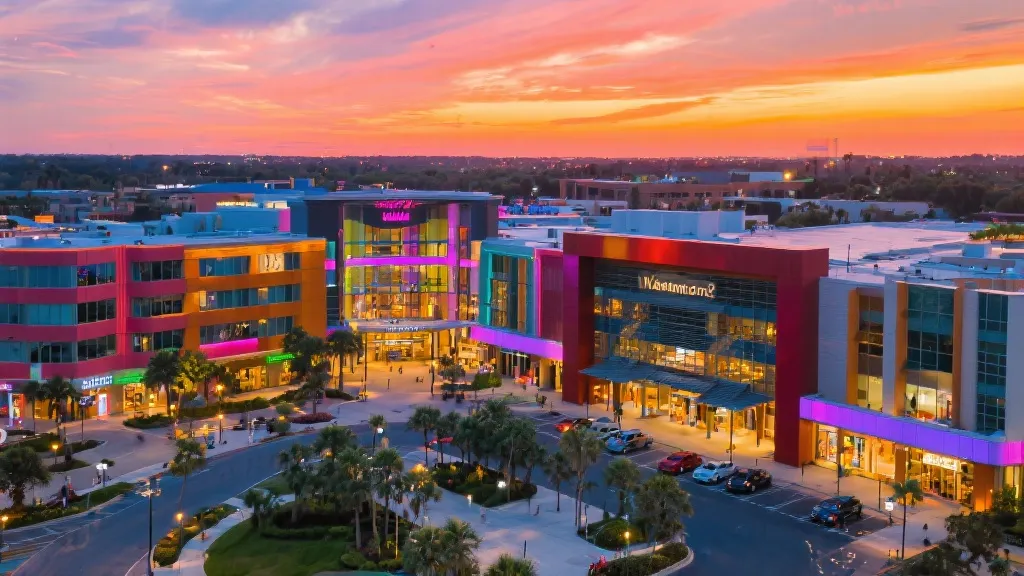
Discover Heartis Eagle Mountain Elegance
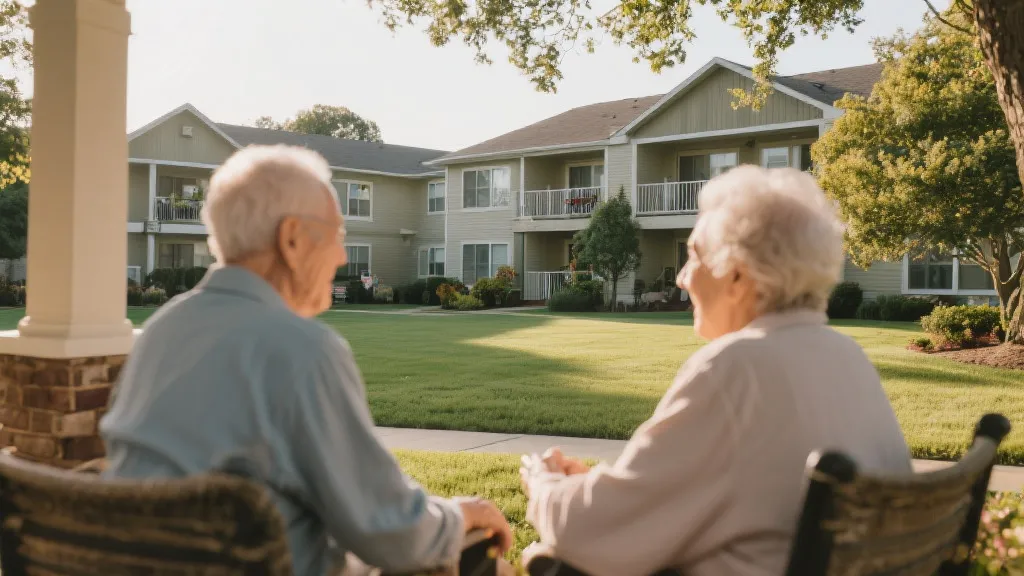
Westminster Plaza Orlando: A Comprehensive Guide
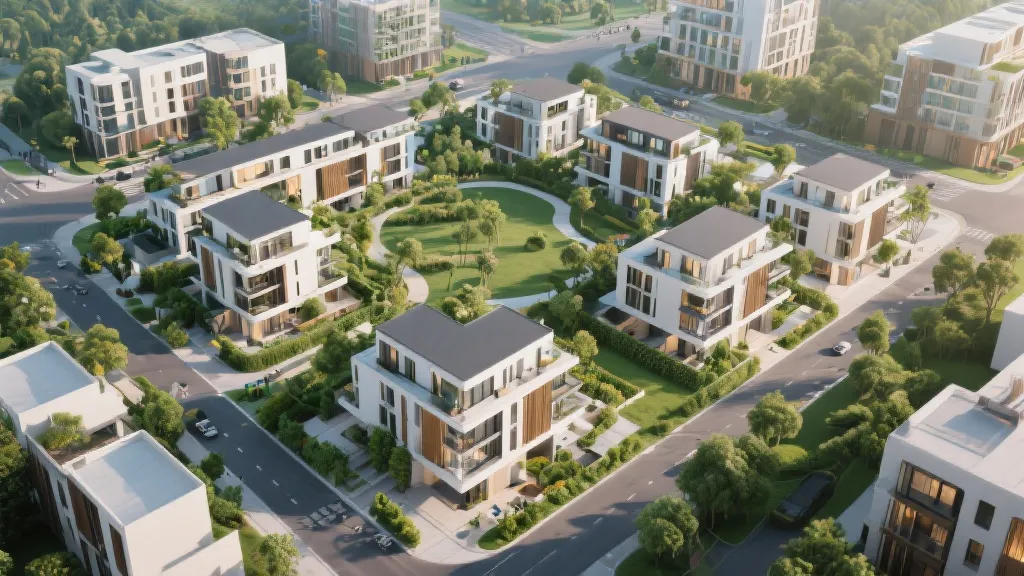
Transforming Banking with Sme Neobank

Discovering Westminster Plaza Orlando
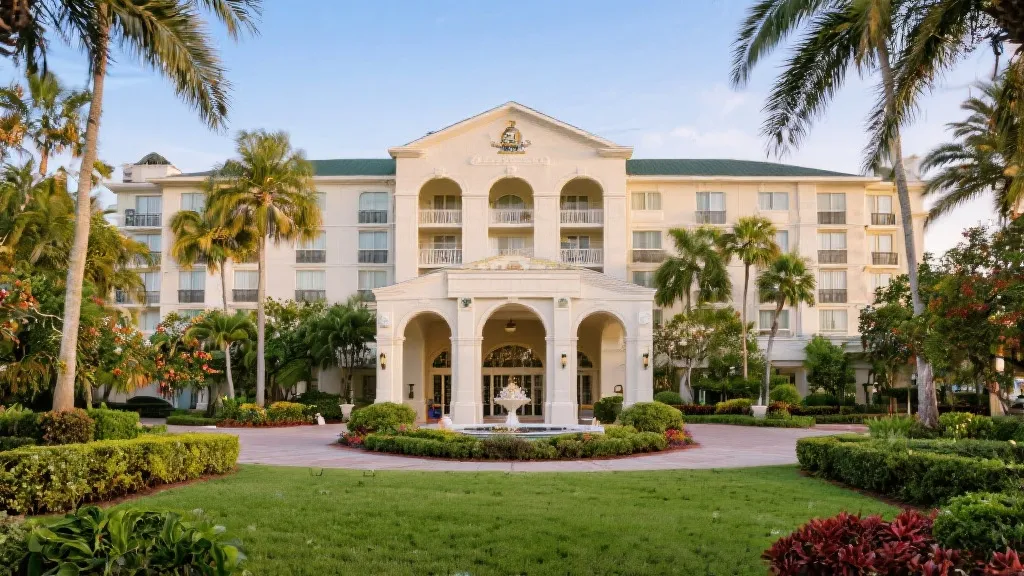
Discovering Westminster Plaza Orlando
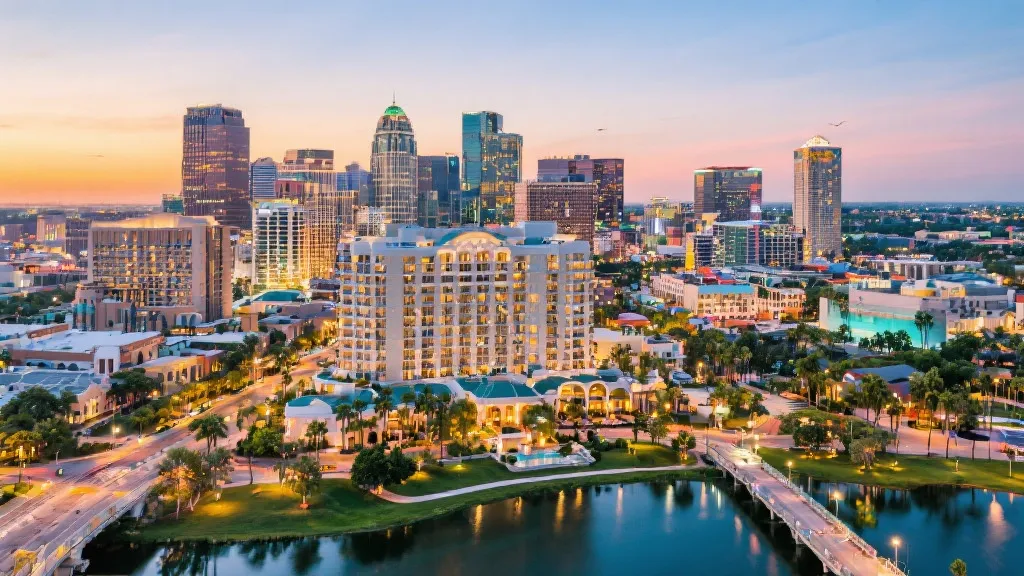
Life Insurance for Seniors: Maximizing Coverage and Benefits
